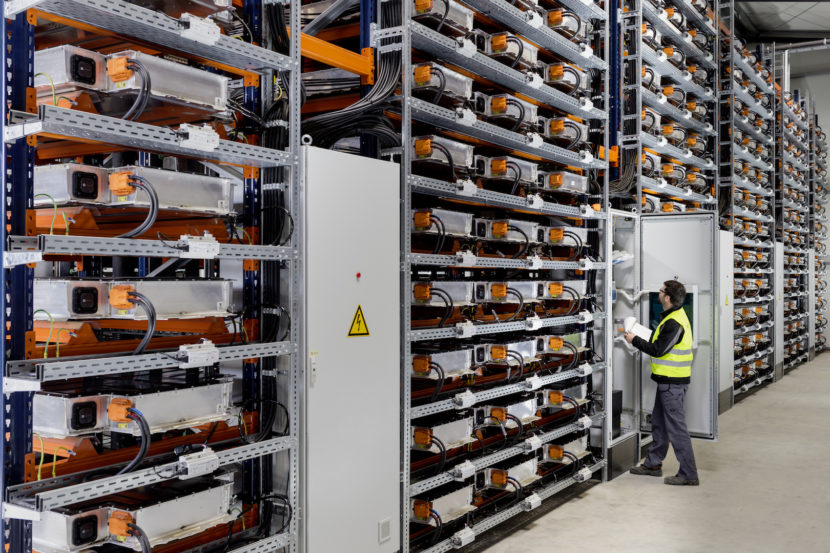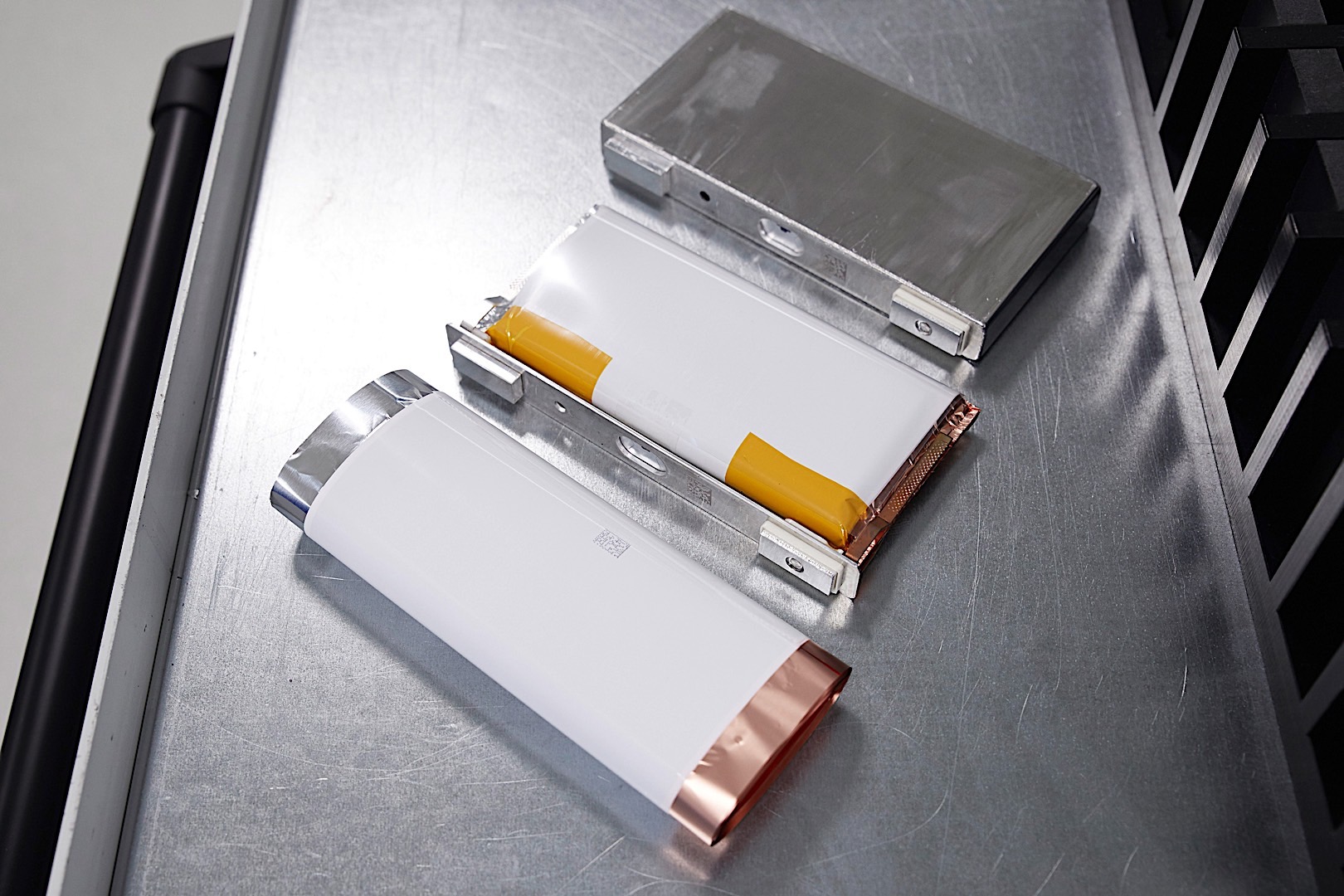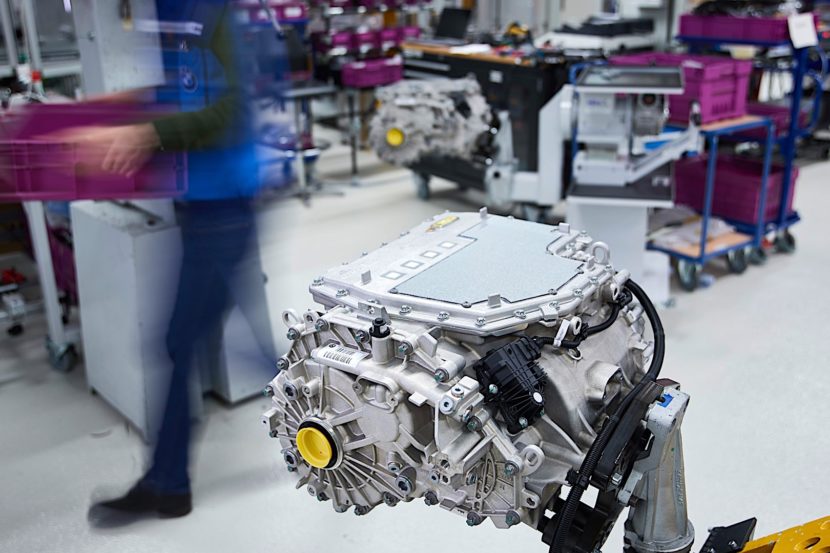Now that everyone’s betting big on electric vehicles as the pioneers of the automotive industry, nearly everything needs to be rethought and evaluated, to make sure the upcoming models will fit the needs of the drivers. At the same time, brands with certain trademark features and characteristics need to make sure they still deliver the performance customers demand. One such brand is BMW, which is known to make sporty cars which are fun to drive.
Since battery packs have various sizes and weights, designers and engineers need to work together to make sure the EVs of the future will still be enticing and that they truly feel like a proper BMW. After all, you do want your Coupe to drive better than your SUV, right? That’s why the Bavarians are developing a new set of batteries for its future electrified line-up, to make sure they adhere to the brand’s core values.

According to Klaus Froelich, the head of BMW’s R&D department, the battery cells used in Coupe and Sedan models will not be as tall as the ones used in SUVs, to preserve the design of the cars and to make sure the center of gravity is kept right where it should be. Of course, in the case of SUVs, batteries can be taller as there’s more room to play around with. In this regard, the newly opened battery research center in Munich will play a pivotal role, even though it will only be in charge of design and control software, while the cells themselves will be built by other manufacturers, specialized in the field.
Future BMW electrified cars will be built on new platforms which will allow a certain degree of modularity between models. The front-wheel drive models will be using the FAAR architecture while rear-wheel drive ones will have a modified version of the CLAR architecture at their disposal. There will also be a new naming scheme deployed, to differentiate not only the power of the cars but also the range they have.
According to Automotive News, we’ll have three major groups: the 30e, 40e and 50e models. The 30e models will have 60kWh battery packs which should offer them a range of around 450 km (close to 300 miles). The 40e models will use 90 kWh battery packs good for up to 550 km of range (340 miles) while 50e versions will get 120 kWh batteries for up to 700 km (435 miles). All the figures are estimates based on the new WTLP testing standard.






































































